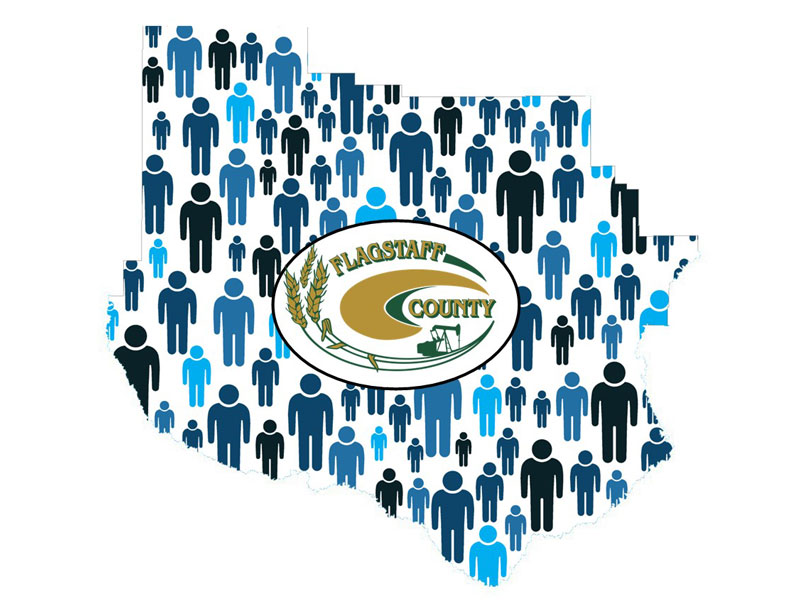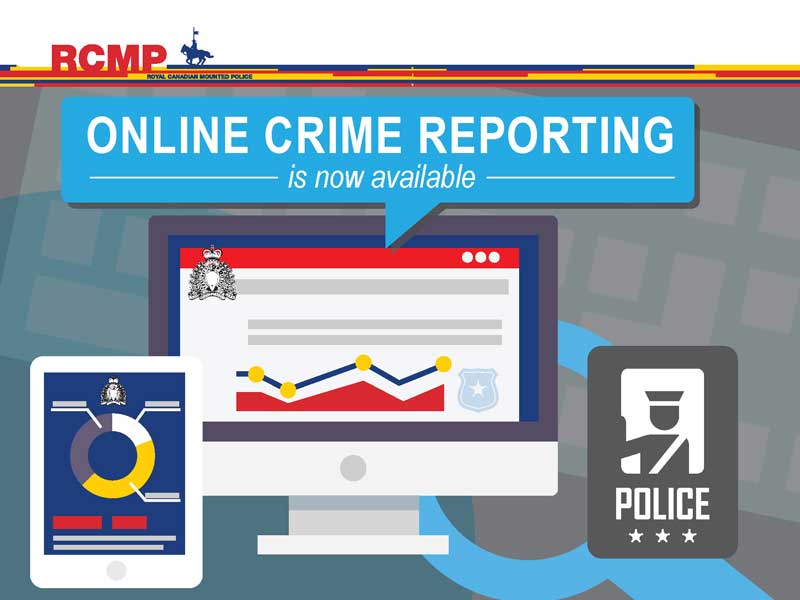No matter your fitness level, you can join the Flagstaff Fitness Challenge by downloading the Strava app onto your smartphone and searching “Flagstaff Fitness Challenge“.
Here, participants can share their activities, cheer on others and compete on the weekly leaderboards.
All participants who log at least one workout in a week will have their name entered in a draw for that week’s weekly prize package (the challenge runs for six weeks). Please note that participants are only eligible for one weekly prize pack.
If you log at least one activity in all six weeks, your name will be entered into the grand prize draw! It’s that easy!
The six-week Flagstaff Fitness Challenge started July 1, 2024. We urge you to rise to the challenge!
General Guidelines
- Participants do not have to live in Flagstaff County to take part in the Flagstaff Fitness Challenge.
- Winners are responsible for prize pickup at the Flagstaff County Administration Building.
- A photograph of each winner will be taken when picking up a prize.
- All participants are encouraged to cheer on your fellow fitness enthusiasts through Strava, while also sharing photos and feedback from your workouts.
- And most importantly, all participants are encouraged to have fun!
2024 Weekly Prizes
Each week, any participant who has logged at least one activity in our group on Strava will be entered into our weekly draw! The weekly prize package includes:
💪 Free bicycle tune-up from Grizzly Country Bike Shop
💪 Flagstaff County hoodie
💪 Flagstaff County water bottle
💪 Flagstaff County toiletry bag
💪 Flagstaff Region adult colouring book and crayons
💪 Flagstaff Region journal (featuring Kristen Kueber artwork on the cover)
💪 Flagstaff Region candle (from Creations by Kim)
💪 Flagstaff Region lip balm
💪 Gritin resistance bands or Jessica Janzen’s Bring the Joy book
Note: Participants are only eligible for one weekly prize pack. Flagstaff County Communications Coordinator Cary Castagna will reach out via email (ccastagna@flagstaff.ab.ca) to each week’s winner to confirm pickup details.
2024 Grand Prize Draw
If you log at least one activity in all six weeks, your name will be entered into the grand prize draw
2024 Grand Prize
Shirley Damberger of HOM of Well Being is donating a massage along with a gift basket that includes things to help take care of the body and muscles such as Cryoderm (a topical pain relief product), muscle and joint bath bombs, a cork roller, and a routine natural deodorant sample.
Brittany MacMillan of BAM Fitness is donating Gritin exercise resistance bands, which come with a four-week workout plan!
Flagstaff County will also be giving out Flagstaff Bucks as part of the grand prize!
Grand Prize Winner
The winner of our grand prize draw in 2023 was Nicole Nychyporuk.
Sponsors
The following local businesses are generously sponsoring prizes:
History of the Flagstaff Fitness Challenge
The Flagstaff Bike Challenge was established in the summer of 2020 as a way to encourage the region’s residents to get outside, get active and feel connected to the area in a safe manner during the pandemic. It was designed for participants of ALL ages and abilities. The Flagstaff Bike Challenge continued in 2021 with a few minor tweaks.
In 2022, the challenge was expanded to include a variety of activities, including walking, running, hiking, swimming, weight training, yoga and much more! It was rebranded the Flagstaff Fitness Challenge. The aim of the Flagstaff Fitness Challenge is to encourage residents to move more, resulting in a healthier region!










